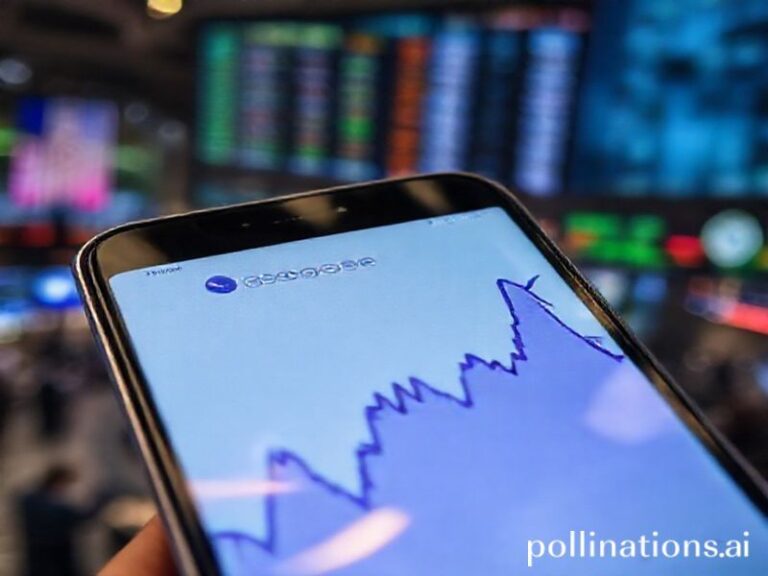Harry Maguire: The Global Scapegoat Who Became a Geopolitical Meme
Harry Maguire, the man whose name has become a global punch-line and a geopolitical Rorschach test, is currently doing what any self-respecting English centre-back would do after years of ritual public shaming: quietly captaining a resurgent Manchester United while the world argues about whether he’s a calamity in socks or the unluckiest fall-guy since Rasputin. From Jakarta to Johannesburg, arm-chair analysts still greet every Maguire touch with the Pavlovian reflex of a thousand memes—yet the joke has long since outrun the facts, and the facts, like a poorly weighted Maguire pass, have taken a detour into the surreal.
Consider the international optics. In Britain, Maguire’s forehead is currency: tabloids slap his face on stock-market graphs whenever the pound wobbles, as if his cranial real-estate somehow correlates with gilt yields. Meanwhile, in the Mediterranean, Greek legal scholars still cite the 2020 Mykonos incident as proof that British holiday entitlement should carry its own UN sanctions regime. Across the Atlantic, Americans who can’t locate Manchester on a map nevertheless recognize Maguire as “that guy who spins like a malfunctioning Roomba,” proving that geopolitical soft power now arrives in GIF form.
But the real marvel is how Maguire has become a blank slate for every culture’s favorite neurosis. In Japan, where shame is both art form and blood sport, television producers built an entire variety segment in which comedians recreate his most theatrical falls in slow-motion, scored by mournful koto music. In Brazil, where footballing calamity is traditionally outsourced to goalkeepers, Maguire offers the liberating thrill of a foreign defender absorbing the ridicule for once. And in the Gulf states, where prestige is purchased by the metric ton, Manchester United’s owners reportedly considered renaming Old Trafford “The Maguire Dome” as a piece of ironic luxury branding—because nothing says oil-state soft power like monetizing self-deprecation.
Beneath the ridicule, a darker truth lurks: Maguire embodies the global economy’s habit of turning humans into tradable volatility. When United paid £80 million for him in 2019, the fee functioned less as valuation than as prophecy—an attempt to short-sell the future of English defending. Social-media platforms, starved for content, immediately securitized his every misstep into derivative outrage futures. Today, a single Maguire stumble can move engagement metrics the way a rogue tweet from Elon once jolted Dogecoin. If that sounds dystopian, remember we live in a world where a man’s gait can be weaponized into algorithmic fodder while actual wars compete for bandwidth.
Yet the football, stubbornly, continues to exist. England manager Gareth Southgate—part coach, part hostage negotiator—keeps picking Maguire precisely because international tournaments are where scapegoats go to be reborn or ritually sacrificed on live television. In Qatar last winter, every Three Lions group-stage clean sheet felt like a referendum on Maguire’s soul. Pundits from Lagos to Lahore debated whether his headers were acts of redemption or mere statistical noise, while betting syndicates tracked his positioning with the fervor of cartographers mapping shifting borders. When England finally exited, the global consensus was less about tactics than about narrative exhaustion: we’d all agreed to pretend the Maguire saga was Shakespearean, when really it was more of a long-running soap opera whose writers had lost the plot.
Back in Manchester, Erik ten Hag—Dutch, therefore contractually obligated to sound like a philosophy professor discussing carburetors—has reinvented Maguire as a rotational leader, praising his “scanning frequency” in press conferences that feel like TED Talks delivered at gunpoint. The player himself, now 31, has taken to deflecting questions with the serene detachment of a man who has read his own obituary and found the prose underwhelming. Asked recently whether the criticism still stings, he replied, “I’ve learned to treat Twitter like the weather: best to carry an umbrella and assume it’ll rain abuse by noon.” Somewhere, a brand-manager applauded the soundbite and booked him for an umbrella sponsorship.
And so the circus lumbers on, because the world needs its villains almost as much as it needs its redemption arcs. In the grand bazaar of global attention, Harry Maguire remains both commodity and cautionary tale—proof that in the twenty-first century you can captain one of the planet’s most visible clubs and still be reduced to a meme, yet somehow keep showing up for work with the optimism of a man who believes headers can still save us. Whether that’s admirable or delusional is an argument for another news cycle. For now, just know that somewhere a child in Nairobi is perfecting the Maguire pivot in a dusty alley, dreaming of the day the internet laughs with him instead of at him. Good luck, kid. The algorithm is hungry, and it’s already loading the next punch-line.







